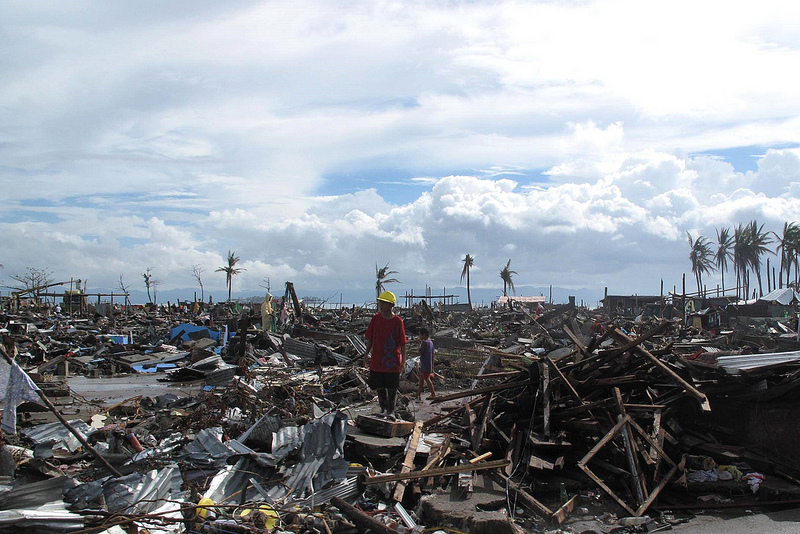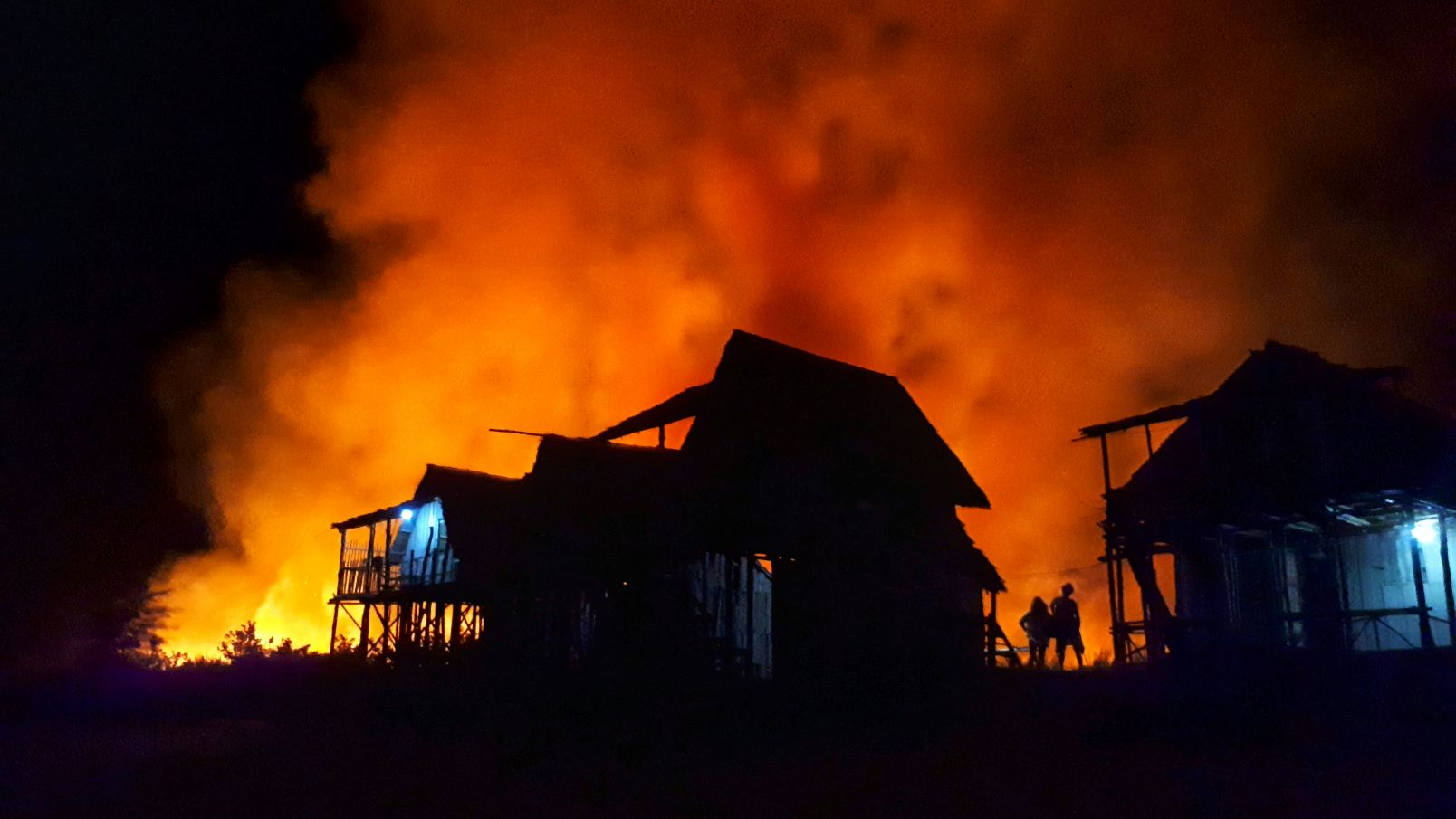Crises are multiplying: here’s how science can help our public decision-makers




Professor and Canada Research Chair in Evidence-Support Systems, McMaster University, and Housing, climate, cost of living, health… The situation is such that a new term is in vogue to describe the many interconnected crises the world is facing: “polycrisis”.
The World Economic Forum’s Global Risks Report 2023 defines it as “a set of interrelated global risks whose cumulative effects make the overall impact greater than the sum of the parts.” The report describes the cost of living crisis as the most immediate global risk, and the climate crisis as the greatest future threat facing the world.
Add to this growing social and political polarization (increasingly fueled by misinformation and disinformation campaigns), depleting food and energy supplies, weak economic growth, and increasing geopolitical confrontations and unrest, and you have a world on the brink of catastrophe.
It is therefore urgent that the scientific council – an activity consisting of synthesizing and making available to parliamentarians and members of the government the best available scientific evidence – has more evidence in order to carry out its mission. It is on this basis that it can guide the public authorities who must deal with new realities.
We are respectively a professor at McMaster University and co-chair of the Global Commission on Evidence, as well as a professor of political science at Université Laval and executive director of the new International Francophone Network in Scientific Advisory Services RFICS . We have devoted our efforts for several decades to improving the integration of scientific research results into public policy development.
Evidence, a crying need
In early May, we were at the 5th International Conference on Government Science Advice (INGSA) in Kigali, Rwanda. It brought together experts in science advice to discuss the growing importance of evidence in policymaking. According to INGSA, this need is more pronounced than ever in our post-Covid world, disrupted by climate change and digital evolution.
This year, the RFICS, whose mission is to strengthen the scientific advice capacities of governments and parliaments in the French-speaking community at the local, provincial, national and international levels, joined the Implementation Council of the Global Commission on Evidence, which brings together more than 70 organizations.
The RFICS has Canadian roots, as does the Global Commission on Evidence. The latter was founded in 2021 as a grassroots effort—a movement of academic, non-governmental, and citizen organizations to improve the use of research evidence in times of prosperity and crisis. The Commission documented advances in evidence in its latest annual report, “Update 2024. ”
The Commission’s work has identified promising ways to accelerate the use of evidence. For example, it has listed five ways to combat evidence ignorance during and after the Covid-19 pandemic.
In particular, they stressed the importance of stopping chasing the latest study and instead focusing on information from continually updated evidence syntheses. In addition, they stressed the need to stop accepting the personal opinions of media experts. They recommended instead that preference be given to those who can back up their statements with a detailed description of how they identified, evaluated and interpreted the evidence on which they based their statements.
Evidence-based policy
Here are five ways governments can better rely on evidence to address the many threats we face:
1) Ask science advisors to “show their work”: Science advisors should address public decision-makers, whether they are parliamentarians or members of government, by providing accurate and verifiable information on their work. Acting as “general contractors” – an analogy borrowed from the construction industry – they coordinate all the activities needed to make available the best available scientific evidence. Like a conductor, they mobilize different “instruments” as needed to provide evidence-based support.
________________________
Designing for Resilience is key to reducing risks and mitigating the impact of climate-related disasters. Join us on Tuesday, July 23, in Whistler, BC. Register today for In-Person or Virtual Attendance: https://bityl.co/Qlu6
_____________________________________
2) Moving beyond traditional, ad hoc advisory tables: Expert engagement processes can be designed to effectively leverage a wide diversity of expertise, as opposed to “old buddies sitting around the table” processes.
3) Rather than running the system for evidence, create a system based on evidence: An evidence support system can be formalised and strengthened (or transformed – as research and innovation systems have been), and should not depend on isolated champions or isolated centres of expertise. In a given country or sector, this system should be able to reliably provide all the forms of evidence needed to answer a specific question when someone needs it, in the form required, with all necessary reservations about its timeliness, quality, and local applicability (including for groups deserving special attention in terms of equity).
4) Tailoring evidence to the question at hand rather than privileging certain forms of evidence: Data analytics, evaluation, and behavioral insights are three useful forms of evidence among others (and not universal remedies). Tailoring various forms of evidence to a specific need (with the help of the MECE method – an acronym for “Mutually Exclusive, Collectively Exhaustive” – to avoid duplication and ensure nothing is overlooked) and emphasizing fairness considerations when reviewing evidence (and gaps) are key aspects of the “general contractor” model.
5) Establish a continuous cycle of knowledge production: Sharing capacities is essential. An evidence-based support system has three components: ultra-rapid evidence support (within 1 to 10 business days), the “general contractor” model (with citizen partners), and living evidence syntheses (with downloadable datasets), all of which are major innovations.
It is worth remembering that, just as with public policies, scientific advice to parliamentarians and decision-makers benefits from being based on solid data and evidence. Following the Kigali Conference, scientific advice experts could explore ways to systematically integrate validated and reliable data, while taking into account local applicability, into their analyses. Ultimately, this could help to develop better-informed policies, thereby strengthening public trust in the decisions of their representatives and governments.
_________________________________
This article is republished from The Conversation under a Creative Commons license. Read the original article “Crises are multiplying: here’s how science can help our public decision-makers“.
Recent Posts
Insurance Pricing: Navigating a New Era of Risk
The growing frequency and severity of climate-related disasters present a significant challenge for the insurance…
Designing for Resilience … It’s A Must
We see far too often structures built to current code that lack planning and design…
What are the Real Benefits of Designing for Resilience
While designing for resilience requires initial investments, the long-term payoffs often far outweigh these costs.…
Reducing Disaster Risks and Protecting Insurability in the Pacific Northwest
Proactive measures to enhance resilience and preparedness are critical to mitigating insurability risks. This will…
How to Achieve More Resilient Building Codes
More comprehensive disaster prevention perspectives are needed to enable communities better to withstand the increased…
Tariffs Detrimental to U.S. – Canada Relationship
The Pacific Northwest Economic Region (PNWER) has for decades recognized the critical importance of robust…


